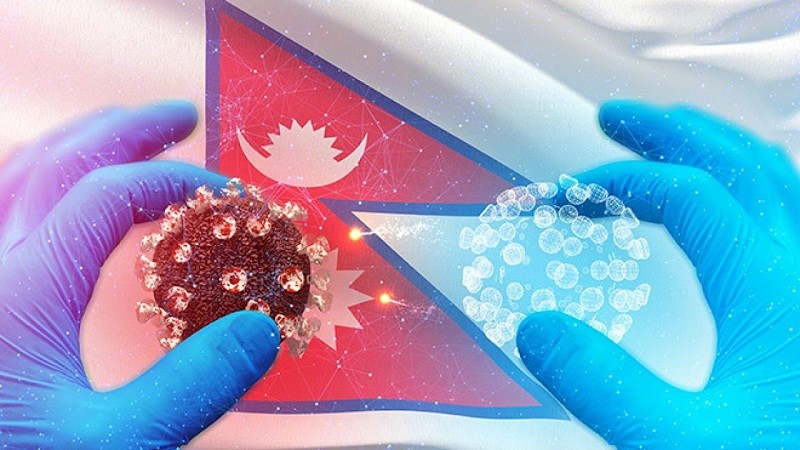
Jacob Peenikaparambil - As many other countries in the world, India is facing an alarming health crisis which requires quick solutions and cooperation of all sections of the society. India reported 3.5 lakh new Covid 19 cases and 2809 deaths 25th April.
It is, indeed, frightening to read the news of ambulances with patients queuing up before hospitals for beds for days, patients dying due to lack of oxygen and people have to be in queue before crematoriums and in burial grounds with the dead bodies of their near and dear ones. Never India had to face such a situation in the history of independent India. The health care system in most of the states is cracking due to the increasing coronavirus infected patients.
Taking into account the urgency, the Central government announced a few measures on 19th April for ramping up vaccination programme. The consensus among the experts is that India has to increase the speed of its vaccination programme.
Former Prime Minister, Dr. Manmohan Singh wrote a letter to Prime Minister Narendra Modi on 18th April, highlighting five suggestions for combating the second and more severe Covid-19 wave in India. The announcements made by the Central government on 19th April have taken into account some of the suggestions of Dr. Manmohan Singh. The Central government has also considered some of the demands of the states regarding the vaccination programme.
According to the constitution of India, health care comes mainly under the responsibility of the state governments, and the role of the Central government is coordination, facilitation, and providing the needed support. In a situation of pandemic Covid 19, it is quite natural to have gaps in the coordination and facilitation task of the Central government. When the states point out these gaps, the Central government, instead of accusing the states and finding fault with them, has to enter into dialogue with the states and find solutions to close the gaps. This is not happening. The Prime Minister and the Central government have to make maximum effort to arrive at consensus among the state governments through a process of ongoing dialogue. Politicizing the issue of the pandemic will be harmful not only to the people of India but also to the political parties in the long run.
Prime Minister Narendra Modi should have thanked Dr. Manmohan Singh for his suggestions, taking into account his vast experience as an administrator and economist, and promised him to look into his suggestions. Democratic niceties require an appreciative approach to an opposition party leader of Manmohan Singh’s status.
It is a fact that the Prime Minister consulted experts and bureaucrats before announcing the new measures regarding vaccination. At the same time, the Prime Minister should have consulted the Chief Ministers/State health ministers on whom the burden of dealing with the crisis mainly rests. Health care is mainly a state subject.
Democracy is not a game of majority and minority. Dialogue plays a crucial role in a democratic form of governance. The opposition parties have the right and the responsibility to point out the mistakes, failures and gaps in the policies and actions of the central government in view of the wellbeing of the people of India. The ruling party at the centre has to listen to the needs of opposition ruled states with a spirit of give and take. In the same way, the opposition ruled states have to appreciate the positive aspects and achievements of the Central governments while pointing out the gaps and failures.
The people of India expect excellent cooperation and coordination between the Central and the state governments in dealing with this crisis situation. This alarming crisis requires consensus and cooperation over one-upmanship and competition. – jacobpt48@gamil.com